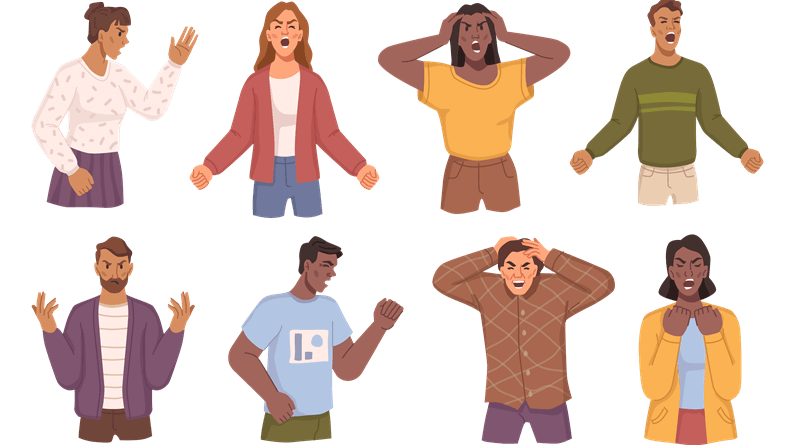The Hormonal Connection: How Emotions are Regulated in the Body
Emotions are complex and multifaceted, and despite extensive research, the scientific community still doesn’t fully understand the mechanisms behind them. However, one thing is clear: hormones play a crucial role in regulating our emotional responses.
The Emotional Brain
The brain’s frontal cortex, situated behind the forehead, is associated with feelings and happiness. The amygdala, a set of nerve cells in the temporal lobe, is linked to emotions like anger, fear, and depression. When we experience strong emotions, our body responds with physical symptoms like palpitations, sweating, and a readiness to fight or flee.
The Hormonal Balance
Hormones are chemical messengers that help regulate our emotional responses. Here are some key hormones involved in emotional balance:
1. Oestrogen: This female sex hormone, produced by the ovaries, influences mood and emotional well-being. Fluctuations in oestrogen levels can lead to mood swings, depression, and anxiety.
2. Progesterone: Another female sex hormone, progesterone has a calming effect and helps regulate emotions. It activates gamma-aminobutyric acid (GABA) receptors, promoting relaxation and sleep.
3. Dopamine: This neurotransmitter, released by the hypothalamus, plays a crucial role in focus, memory, attention, and mood regulation. Imbalances in dopamine levels can lead to cognitive issues, mood swings, and addictive behavior.
4. Serotonin: This neurotransmitter regulates mood fluctuations, aggression, arousal, and disturbances in thinking and memory. Low levels of serotonin are linked to depression, anxiety, and poor appetite control.
5. Acetylcholine: This neurotransmitter controls muscle movement, concentration, memory, and alertness. Optimal levels of acetylcholine are essential for maintaining a healthy mood and cognitive function.
6. Testosterone: This hormone, produced by the testes in men and in smaller quantities by the ovaries in women, influences muscle building, bone mass, libido, and energy levels. It also affects emotional vitality, aggressiveness, and mood regulation.
7. Oxytocin: Often referred to as the “cuddle hormone,” oxytocin promotes feelings of calmness, contentment, and security. It’s involved in social bonding, trust, and empathy.
8. Gamma-aminobutyric acid (GABA): This neurotransmitter acts as a natural tranquilizer, reducing anxiety, fear, and panic by calming the limbic system.
9. Epinephrine and norepinephrine: These “fighter hormones” are released under stress, triggering extreme emotions like fear, anger, or amusement. Imbalances in these hormones can lead to mood disorders and depression.
10. Endorphins: These natural painkillers promote feelings of pleasure and well-being. Exercise and laughter can stimulate endorphin production.
Conclusion
The intricate balance of hormones in our body plays a crucial role in regulating our emotional responses. Understanding the complex relationships between these hormones can help us better manage our emotions and maintain overall well-being.
References:
https://www.amrita.edu/news/hormones-and-chemicals-linked-our-emotion
https://en.wikiversity.org/wiki/Motivation_and_emotion/Book/2017/Hormones_and_emotion
https://www.webmd.com/women/guide/estrogen-and-womens-emotions#1
https://www.whiteswanfoundation.org/article/i-feel-cranky-and-irritable-is-it-because-of-my-hormones/

